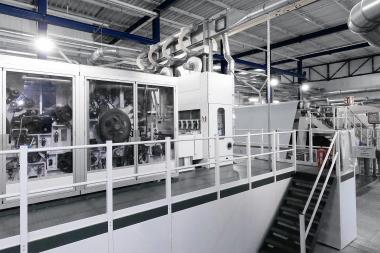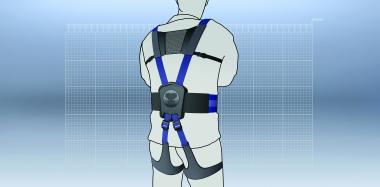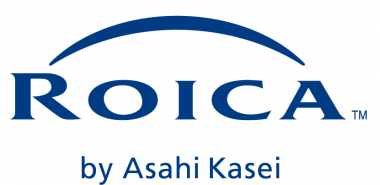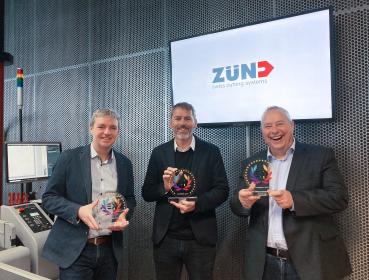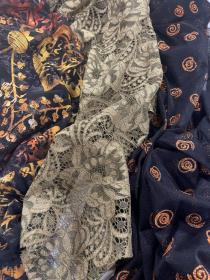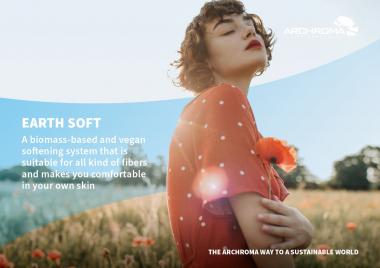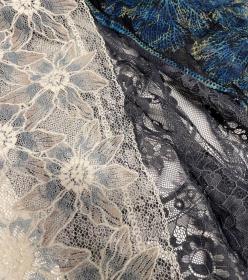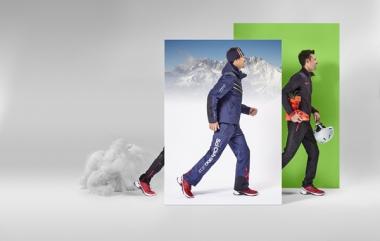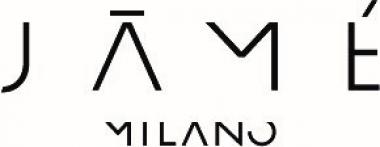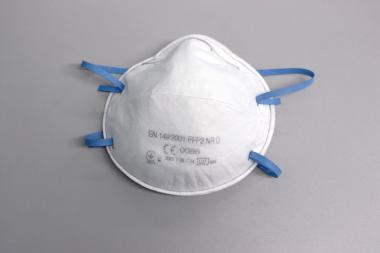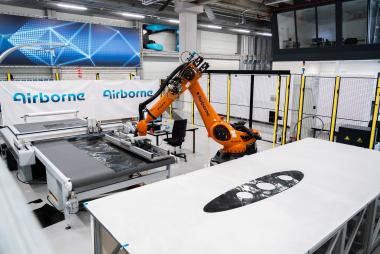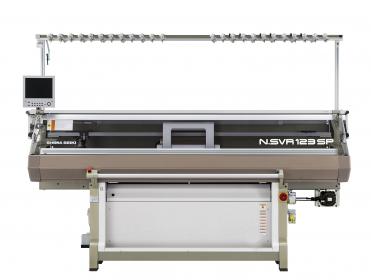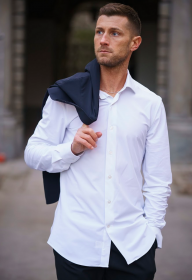EFI’s VUTEk Q5r Printer and Fiery Software earn EDP Awards
Electronics For Imaging, Inc. has received two European Digital Press (EDP) Awards from the European graphics arts trade press, a prestigious technical awards programme that recognises innovative advancements in digital print production. The EFI™ VUTEk® Q5r roll-to-roll UV LED printer beat competition in the large/wide- format printing systems category for printers above 350-centimetres wide. EDP judges honoured EFI Fiery® software integration with finishers as the top solution in the awards programme’s category for software automation tools.
Automation, quality and value with award-winning roll-to-roll technology
The EFI VUTEk Q5r printer is a roll-to-roll display graphics printer, capable of running at speeds of up to 672 square metres per hour. The 5.2-metre-wide printer delivers a full system solution from file submission to a finished print with options such as in-line quality inspection, in-line slitting and cutting, roll and tape collection, auto-calibration, automated backlit printing, automated blockout printing and much more.
EFI VUTEk Q series printers, which include both the Q5r and a 3.5-metre wide VUTEk Q3r model, are available with up to nine colours including white and clear, and feature EFI UltraDrop™ Technology with native 7-picolitre printheads and multi-drop addressability for high-definition quality. Benefits include smoothness in shadows, gradients, and transitions, as well as precise and sharp 3-point size text with a true resolution of up to 1,200 dots per inch.
Fast, flawless finishing
EFI Fiery software integration with finishers, the winner in the EDP Awards category for best software automation tool, offers advanced integration with in-line or offline slitter/cutter/creasers. Operators can define cut, crease, and perforation locations on the job content in the Fiery software solution, which then communicates the configuration to finishing equipment, eliminating operator touchpoints and errors from incompatible layouts.
EFI Fiery software integration with finishers is offered in two different EFI Fiery software products: Fiery Impose and Fiery Finishing Designer.
efi





